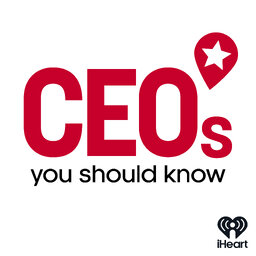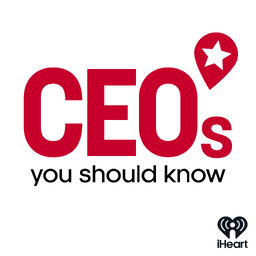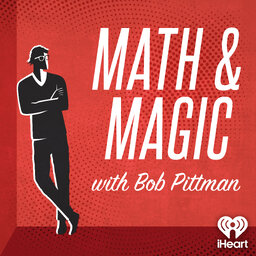Byron Sharp: “Highly restrictive targets are a fantastic way to shrink brands.”
Although Byron Sharp grew up on a sheep farm, he’s spent his career defying herd mentality. As Director of the Ehrenberg-Bass Institute for Marketing Science, Byron has debunked marketing conventions and helped brands stick to what works. Along the way, he wrote the seminal book “How Brands Grow,” which you can find on any CMO’s desk who is worth their salt. In today’s special episode of Math & Magic, Bob shares the mic with iHeart’s CMO Gayle Troberman for a conversation with Byron on the marketing strategies backed by science.
Math & Magic: Stories from the Frontiers of Marketing with Bob Pittman
How do the smartest marketers and business entrepreneurs cut through the noise? And how do they mana…Social links
Follow podcast
Recent clips

CEOs You Should Know: Chon Nguyen, CEO of Newgentek
11:06

CEOs You Should Know: Avani Desai, CEO of Schellman
10:48

Listen to Bob on Tetragrammaton with Rick Rubin
16:35
 Math & Magic: Stories from the Frontiers of Marketing with Bob Pittman
Math & Magic: Stories from the Frontiers of Marketing with Bob Pittman